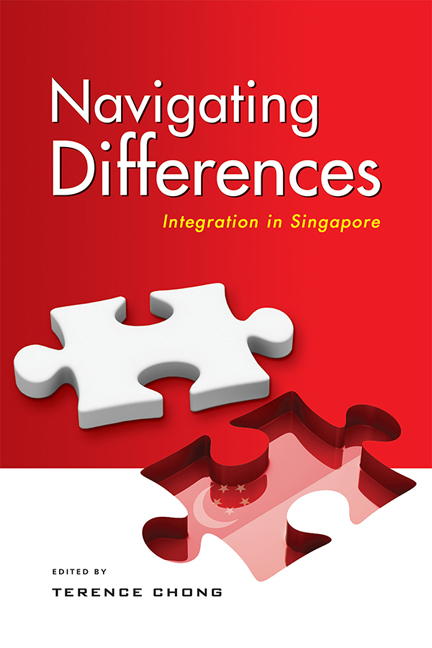11 - Self-Reliant Wealth and Trickle-Down Welfare: The Singapore Story in 200 Years?
Published online by Cambridge University Press: 24 November 2020
Summary
WEALTH AND WELFARE SINCE BRITISH RULE
Wealth generation is steeped in Singapore's history. When Stamford Raffles established a trading post in Singapore in 1819, this entrepôt trading outpost of the East India Company attracted not just British colonials, but migrants from China and India for its promise of wealth. Welfare, in terms of personal well-being, improved because of their economic gains from being part of the commerce that took place in this thriving port. Welfare is thus strongly tied to personal wealth generation. On the other hand, institutional welfare in terms of government policy was minimal because the bulk of infrastructural support was devoted to encouraging commerce and the building of the Empire. Hence any improvement in personal well-being was not the outcome of any policy from the colonial authorities but that of personal savings and sacrifices within these immigrant communities.
Interestingly, the conditions and philosophies surrounding notions of wealth and welfare in Singapore some 200 years ago continue to prevail in the Singapore of 2019. With regard to wealth, Singapore is said to have one of the highest concentration of wealthy individuals in the world. With regard to welfare, in a speech in 2006, Prime Minister Lee Hsien Loong asserted that in Singapore, we treat welfare as a dirty word. By this, he meant that the Singapore government rejected the policy of welfare handouts to improve personal economic well-being. Repeatedly, Singaporeans are called on to be self-reliant, to work hard and turn to the government for assistance only as a last resort. Often accompanying this call is the belief that any erosion of work ethic and self-reliance would lead to the demise of Singapore, a small vulnerable island economy dependent on its human resource and deep port as the only natural resources. In addition, it is often asserted that the establishment of a welfare state, taken here to mean a form of government that sees itself as the main promoter and protector of its citizens’ economic well-being, would result in high taxes. If this happens, “talent and businesses will leave, no investments will come”.
- Type
- Chapter
- Information
- Navigating DifferencesIntegration in Singapore, pp. 189 - 206Publisher: ISEAS–Yusof Ishak InstitutePrint publication year: 2020

